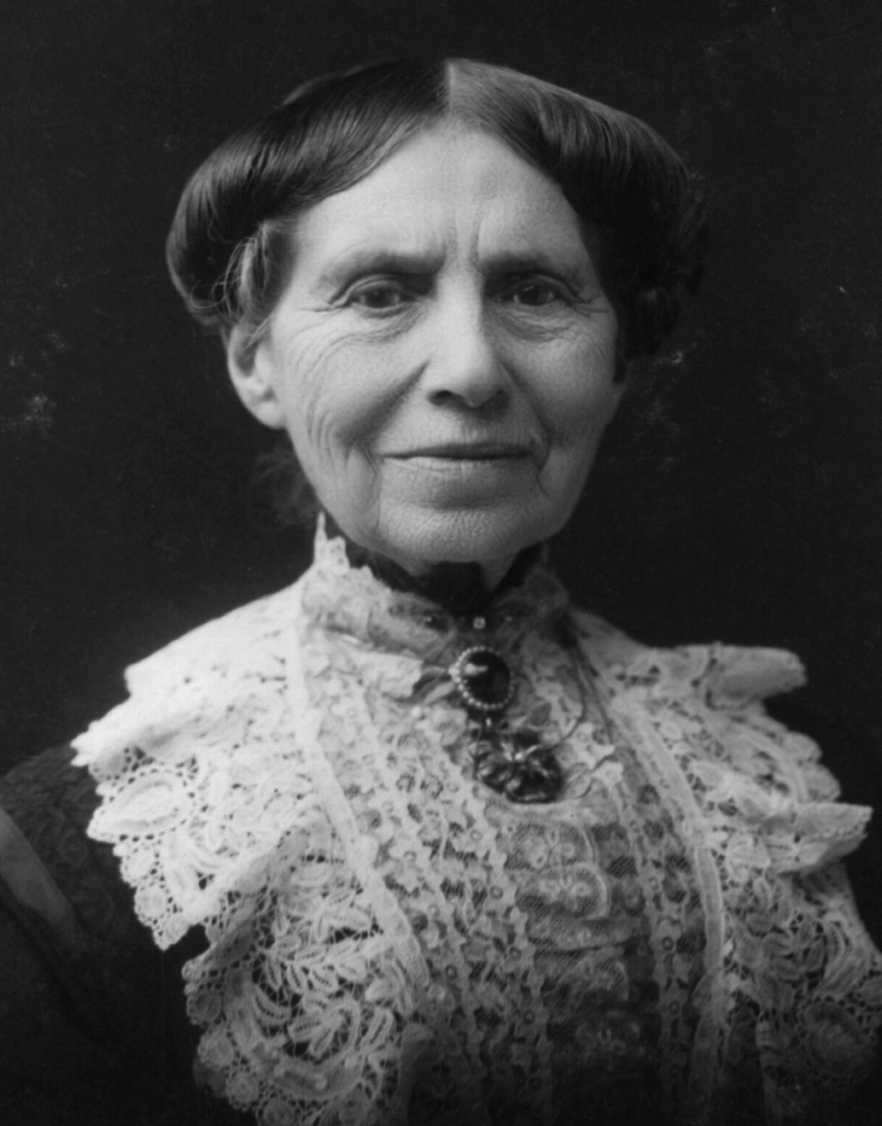1. Nikola Tesla: The Visionary Inventor

Nikola Tesla may not be a household name like Thomas Edison, but his contributions to the world of electrical engineering are monumental. Tesla introduced the alternating current (AC) system, which revolutionized the distribution of electricity, making it more efficient and safer. His work went far beyond what was imaginable at the time; he envisioned wireless communication and energy transmission long before they became realities. Unfortunately, despite his genius, Tesla faced financial difficulties throughout his life and passed away in relative obscurity in 1943. Today, his legacy is celebrated globally, and he has been honored with numerous awards, including the Tesla unit of magnetic flux density named after him. His work laid the foundation for much of the technology we take for granted today.
2. Ada Lovelace: The First Computer Programmer

Ada Lovelace is often regarded as the world’s first computer programmer, a remarkable feat considering her work was done in the mid-1800s. Collaborating with Charles Babbage on his Analytical Engine, she wrote what is now considered the first algorithm intended for a machine. Despite her significant contributions, Ada was largely unrecognized during her lifetime. It wasn’t until the late 20th century that her work gained the recognition it deserved. Ada Lovelace Day, an international celebration of women in science, technology, engineering, and mathematics (STEM), now honors her legacy, encouraging more women to pursue careers in these fields. Her pioneering efforts have paved the way for modern computing.
3. John Stuart Mill: The Advocate for Individual Liberty
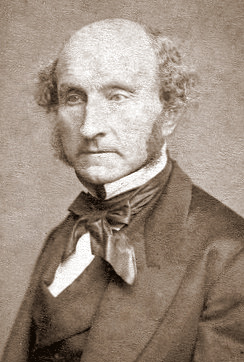
John Stuart Mill was a British philosopher whose ideas on individual liberty and utilitarianism have had a lasting impact on political thought. In his seminal work “On Liberty,” Mill argued for the importance of personal freedoms and introduced the harm principle, which suggests that individuals should be free to act as they wish unless they harm others. Though his contributions laid the groundwork for modern liberal democracy, Mill’s name often goes unmentioned in discussions about political philosophy. He was also a proponent of women’s rights and social reforms, advocating for equality during a time when such views were far from mainstream. Mill’s forward-thinking ideas continue to resonate today.
4. Hedy Lamarr: The Hollywood Star and Inventor
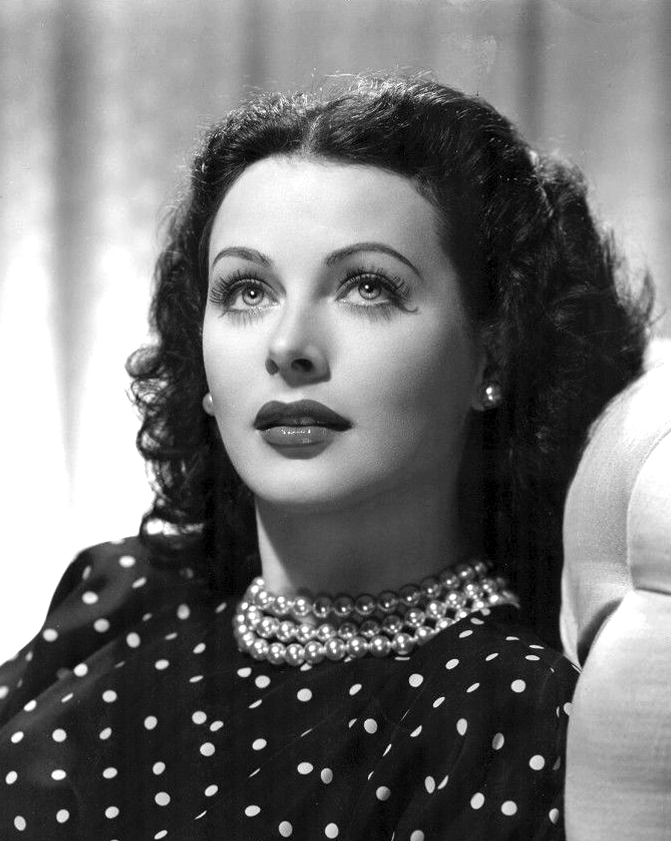
Hedy Lamarr was a glamorous Hollywood actress, but few know she was also an ingenious inventor. During World War II, she co-developed a frequency-hopping spread spectrum technology to prevent enemy forces from jamming torpedo guidance systems. Although her invention wasn’t immediately utilized during the war, it laid the groundwork for modern wireless communication technologies like Bluetooth and Wi-Fi. Lamarr’s scientific contributions were largely unrecognized during her lifetime. However, she has since been inducted into the National Inventors Hall of Fame, highlighting her dual legacy as both a star and a pioneer in technology.
5. James Clerk Maxwell: The Father of Modern Physics
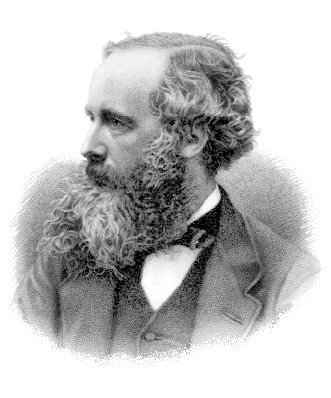
James Clerk Maxwell was a Scottish physicist whose work laid the foundation for many of the technologies we enjoy today. His formulation of the classical theory of electromagnetic radiation, encapsulated in Maxwell’s equations, describes how electric and magnetic fields interact and propagate through space. Despite these monumental contributions, Maxwell remains less celebrated than other physicists like Einstein or Newton. His work is foundational to technologies such as radio, television, and radar. Today, Maxwell’s legacy continues to be recognized through awards and institutions bearing his name, celebrating his crucial role in the development of modern physics.
6. Clara Barton: The Founder of the American Red Cross

Clara Barton was a pioneering nurse whose dedication to humanitarian work led her to establish the American Red Cross in 1881. During the Civil War, she provided care for wounded soldiers, showcasing her commitment to helping others in times of crisis. Barton’s leadership was groundbreaking, especially during a time when women in leadership roles faced significant challenges. Her contributions to disaster relief and nursing have had a lasting impact, and she is celebrated for her courage and commitment to service. Barton’s legacy continues to inspire those in the field of humanitarian work.
7. George Washington Carver: The Agricultural Innovator
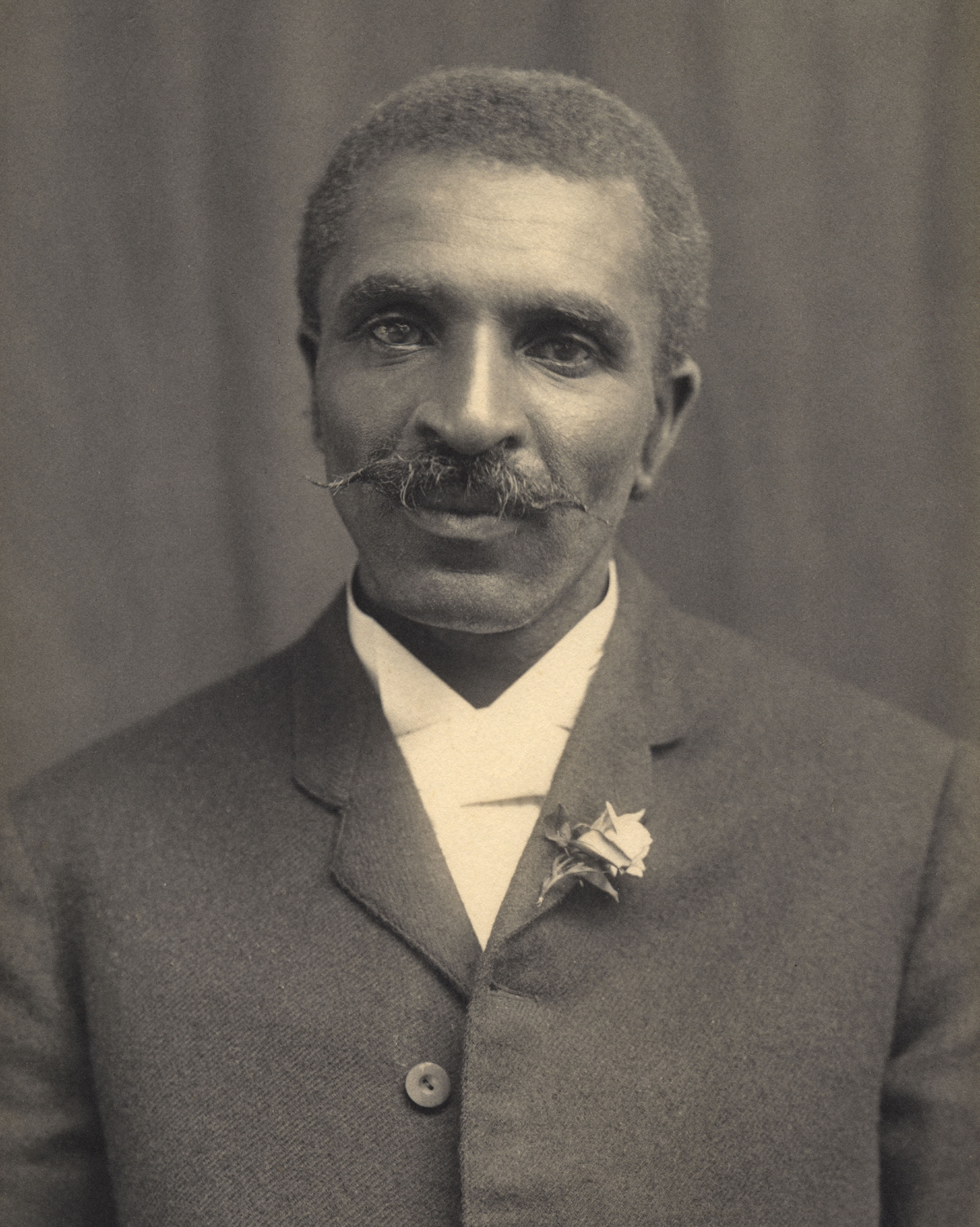
George Washington Carver was an African American scientist whose innovative agricultural techniques transformed the Southern United States. Known for his work with peanuts and sweet potatoes, Carver developed methods to improve crop yields and promote sustainable farming. His practices, such as crop rotation and soil conservation, were revolutionary for their time. Despite his significant contributions to agriculture and education, Carver’s legacy is often overshadowed by other historical figures. Nonetheless, his work continues to influence modern agricultural practices, and he is celebrated for his role in advancing sustainable farming techniques.
8. Mary Anning: The Fossil Hunter

Mary Anning was a pioneering paleontologist in the early 19th century, whose discoveries greatly advanced the understanding of prehistoric life. Living in Lyme Regis, England, she unearthed several important fossils, including the first complete Ichthyosaurus skeleton. Anning’s work laid the groundwork for the field of paleontology, yet she faced considerable challenges as a woman in science during her time. Her contributions were largely unrecognized during her lifetime, but she is now celebrated as a key figure in the history of paleontology. Anning’s discoveries continue to be referenced in scientific research today.
9. Richard Feynman: The Iconoclastic Physicist

Richard Feynman was a theoretical physicist known for his work in quantum mechanics and particle physics. His unconventional teaching style and ability to simplify complex concepts made him a beloved figure in science education. Feynman’s contributions to the Manhattan Project and his Nobel Prize-winning work on quantum electrodynamics are often overshadowed by his charismatic personality and entertaining anecdotes. Despite this, his legacy continues to inspire new generations of scientists and educators. Feynman’s approach to science and education remains influential, encouraging curiosity and creativity in the field.
10. Wangari Maathai: The Environmental Activist

Wangari Maathai was a Kenyan environmentalist and political activist who founded the Green Belt Movement, focusing on tree planting, environmental conservation, and women’s rights. Maathai was the first African woman to receive the Nobel Peace Prize in 2004 for her contributions to sustainable development and democracy. Despite facing political opposition and personal challenges, she remained a steadfast advocate for the environment and social justice. Her legacy continues to inspire environmental movements worldwide, highlighting the importance of grassroots activism in creating lasting change.

